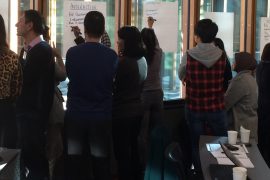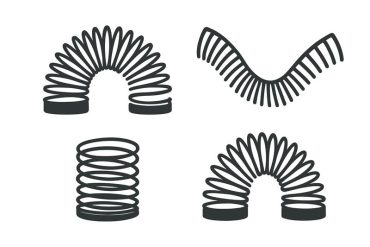For the first time, the University will have an enterprise curriculum mapping software system across the institution, along with a new unit of study outline template for all units. The Akari system will enable faculties to document our curriculum in a consistent form and map how each program level learning outcome (including graduate qualities and professional standards) is developed. The recently UE Education endorsed unit of study template will be built using the system and will provide students with access to consistent information on the learning outcomes and assessments of each of their units.
By documenting learning objectives and their assessment across the entire University curriculum, the system will provide new visibility of curriculum and will support on-going course coherence, course development, course review, and course accreditation by the Academic Board and professional bodies. The system will also deliver unit of study outlines, course outlines and other course documentation in a required and standard format, significantly improving information and experience for students and staff. Alongside providing a single system to enable this information to be consistently generated and integrated, the multi-year curriculum mapping project will support coordinators and faculties to refresh and constructively align their learning outcomes and assessments.
Key objectives of this project are:
- To support faculties in developing, evaluating, maintaining and demonstrating coherent curricula that meet specified course level learning outcomes (graduate qualities as well as professional standards);
- To support the development of interdisciplinary aspects of the curriculum;
- To support the University and its faculties with accreditation processes and associated reporting requirements;
- To reduce duplication of data entry and associated data integrity issues; and
- To provide students with more consistent unit outline and course information.
Implementation – stage 1
With the solution now purchased, configuration of the terminology and processes will be carried out through workshops involving the vendor and stakeholders including 5 faculties and the Academic Model team. Following this, data will be transferred from internal systems and/or entered directly into the system. Unit outlines for units included in the trial will be provided to students in Semester 1 2018. Following evaluation of the trial, the system will be rolled out more widely in Semester 2 2018.
In the configuration stage (“stage 1”), Curriculum Managers, Program Directors and unit coordinators from 5 faculties, the Academic Model team and the project are working on:
- Development and agreement on common curriculum terminology;
- Agreement on the details of common templates (e.g. the endorsed unit outline);
- Definition and agreement on common approaches.
Stage 1 is being deliberately limited to a representative but relatively small subset of faculties to:
- Minimise risks related to the initial implementation by focusing on a limited number of users, courses and units;
- Refine/adapt the approach before extending the rollout to a broader group;
- Reduce duplicate workload in the faculties;
- Start delivering a working solution and benefits sooner.
The following faculties and programs are currently involved in the implementation stage:
- Medicine: the new (2020) Doctor of Medicine
- Business School: Master of Management
- Engineering & IT: Bachelor of Project Management
- Arts & Social Sciences; Bachelor of Arts (majors: French and Francophone Studies; Economics)
- Health Science: Bachelor of Applied Science (Diagnostic Radiography)
- Health Science: Master of Physiotherapy
An indicative schedule for the pilot stage is given below.
Schedule for stage 1
| Task | Dates |
| Agree detailed requirements and configure system | September – November 2017 |
| Refine and extend configuration and complete loading of data | January and March 2018 |
| Prepare course and unit data | October – November 2017 |
| Start trialling functionality and provide feedback to Akari | November – December 2017 |
| Provide training in use of system and professional development in curriculum design | November 2017 and February-March 2018 |
| System testing | December 2017 – February 2018 |
| Start creating unit outlines | February – May 2018 |
| Start using extended functionality | March – May 2018 |
| Evaluate pilot and plan full rollout | March – June 2018 |
Other resources
You may also want to check out some resources and tips on thinking about constructive alignment, the graduate qualities and course design:





